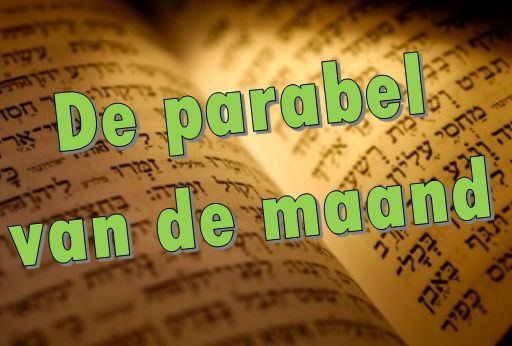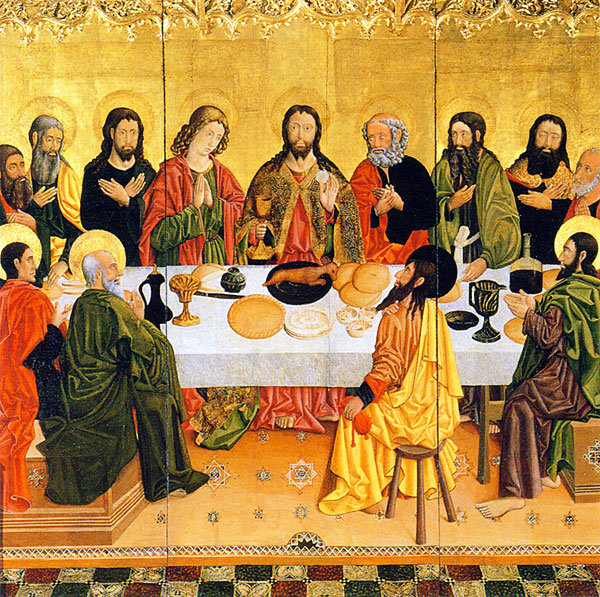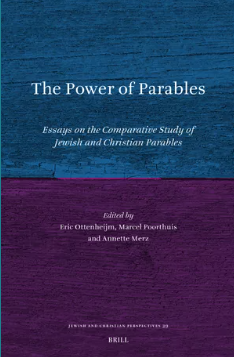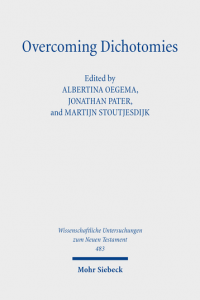Parable of the month April: Pharaoh was not lazy

Now available! Lieve Teugel’s text edition of the parables in the Mekhiltot
Pesach, the Jewish holiday that celebrates the liberation from the Egyptian slavery, starts this Friday. For eight days, Jews will refrain from eating leavened dough, in memory of the hasty flight of their ancestors out of Egypt. In the Bible, and in Jewish tradition, Pharaoh is the paramount wicked character in these events. It is therefore remarkable to find two parables in the Mechilta, the oldest Midrash on the book of Exodus, that shed a rather positive light on Pharaoh. In these contrast-parables, Pharaoh is opposed to human kings. In contrast to most kings, he is said to hitch his own chariot, and even to be a good army commander: he shares the spoil with his soldiers. This is all the more interesting because in most contrast-parables, it is God who is contrasted to human kings.
As in all midrashic parables, the lead for the parabolic story is found in an unclear or remarkable element in the biblical text. The sages who composed the midrash are experts in close-reading, keen on identifying and exploiting such “gaps”. In this case, Exod 14:6 contains two such elements. The first one is that Pharaoh is said to “hitch his chariot”. An obvious question here is: “Did he do this himself?” A second unclear element is that “he took his people with him”. Also here we can wonder how he could personally take all these soldiers. The midrash explains that he managed to convince them and does could “take them with his words”.
“And he hitched his chariot” (Exod 14:6). With his own hand he hitched it. It is the way of kings to stand and others arrange their chariot for them. But here he hitched it with his own hand. As soon as the great men of the kingdom saw that he stood up and arranged his chariot for himself, each and every one stood up and arranged for himself.
“And took his people with him” (Exod 14:6b). He took them with him with words. He said to them: “It is the way of kings to lead from the back and their soldiers advance before them; I will advance before you.” As it is said: “And Pharaoh approached” (Exod 14:10). “It is the way of kings to plunder for themselves and to take a part first, I will share equally with you in the spoil,” as is said: “I will divide the spoil” (Exod 15:9). “And not only this, but I will open for you treasures of silver and of gold and of precious stones and gems and divide them among you.” Therefore it is said: “And took his people with him” (Exod 14:6b). He took them with him with words.
Source: Mechilta de rabbi Ishmael, Beshalach 2, to Exod 14:6.
Translation: Lieve M. Teugels, The Meshalim in the Mekhiltot. An Annotated Edition and Translation of the Parables in Mekhilta de Rabbi Ishmael and Mekhilta de Rabbi Shimon bar Yochai (TSAJ 176), Mohr Siebeck, Tübingen (2019) 143 and 147. Now available for purchase, see: https://www.mohrsiebeck.com/en/book/the-meshalim-in-the-mekhiltot-9783161556487.











Recente reacties